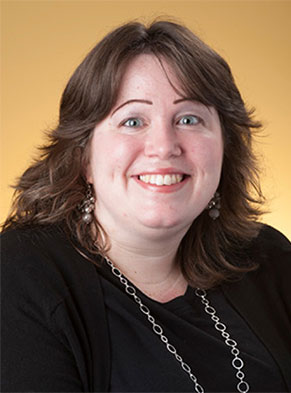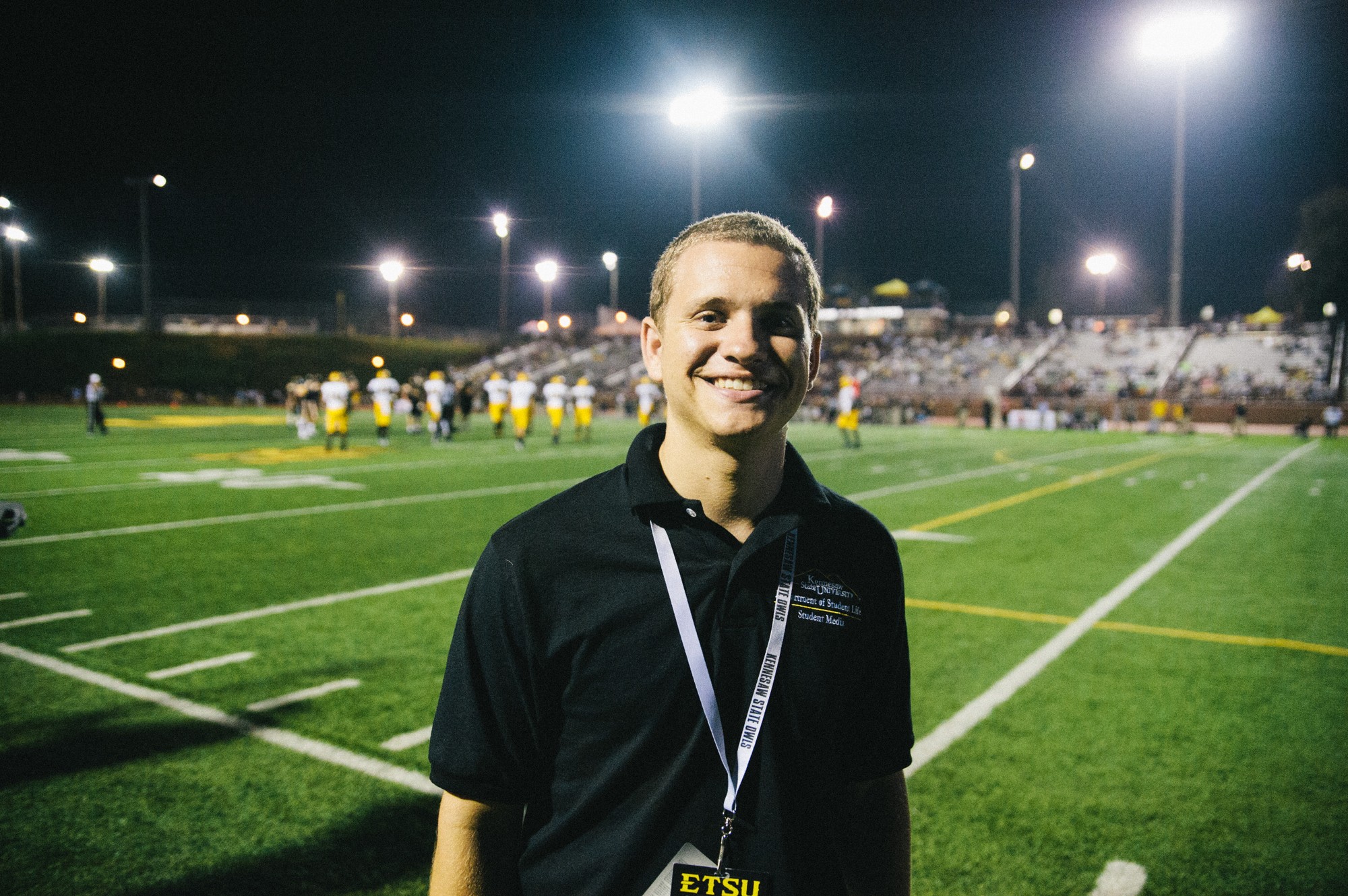Kennesaw State Associate Professor of Statistics Dr. Nicole Ferguson and Professor of Statistics Dr. Louise Lawson were awarded grants on Monday, Feb. 17, from the Gerber Foundation to further their research on the growth of babies born prematurely.
The professors received $334,000 in grant money to conduct research for the next three years in their project named “Grow Baby Grow,” according to KSU News.
“[The grant] is going to open up a lot of opportunities to do important, impactful research and allow the opportunity for students to participate in real research,” Ferguson said.
Ferguson said that she, Lawson and KSU undergraduate and graduate students are primarily focusing on studying the growth of preterm infants. Their focus is on how prematurely-born infants in neonatal intensive care units across the United States are growing.
“Part of assessing [premature infant] growth is looking at the size of the babies through different body measurements,” Ferguson said. “This grant relates with how babies are classified related to size and how that affects health outcomes.”
Ferguson said her team has several hypotheses that they will be working on. All of the hypotheses are related to infant size classification and whether those sizes are appropriate. If the sizes are not appropriate, then the babies are misclassified, Ferguson said.
The research will take place in the Human Studies Lab, a research laboratory Ferguson and Lawson co-founded that is within KSU’s Department of Statistics and Analytical Sciences.
“We have a large data set of infants from approximately 20 percent of U.S. NICUs that students are working with, so it’s like medical records — data on infants in the NICU,” Ferguson said. “The data is kept secure … so students have to work on all of their work in our research lab, which is a secure environment.”
Ferguson said research includes collaborating with clinicians — a neonatologist and a neonatal nutritionist — to answer “clinical questions” or questions to provide the medical context needed for their work.
After the period of research is over, the team hopes to publish their research to help inform clinicians that treat babies in NICUs.
All students currently researching had to receive 10 to 12-hour sessions of statistical training and special human subjects training to be able to work on the project, Ferguson said.
“We’ve been doing preterm infant growth research for over six years now and [Lawson and I] were looking for funding and the Gerber Foundation’s mission sounded similar to what we do,” Ferguson said.
The Gerber Foundation’s mission is “to enhance the quality of life of infants and young children in nutrition, care and development,” according to its website.
Ferguson said that this was her and Lawson’s first time receiving a grant from Gerber and that the process of being awarded a grant from the foundation is a highly competitive and selective process.
Gerber awards grants twice a year, Ferguson said. To apply, the team had to submit a concept paper explaining what they were researching. From the 120-130 papers Gerber receives, the foundation accepts only 10 to 12 of them, Ferguson said.
KSU students working on Grow Baby Grow do not have to be statistics majors. Ferguson said some student researchers currently working on the project are mathematics, psychology and business majors.
Ferguson said their research is not limited to the three-year length of the grant and that they will continue to study classifications of premature babies beyond the time the grant expires.
“This grant shows that it’s fundable research and so as the grant comes to a conclusion we hope to be able to apply for additional funding to continue the research,” Ferguson said. “Sometimes good research causes more questions that you want to go and investigate, so we anticipate as we are answering our first four questions we have, that we’ll get more questions that we’ll then want to try and answer as well.”



